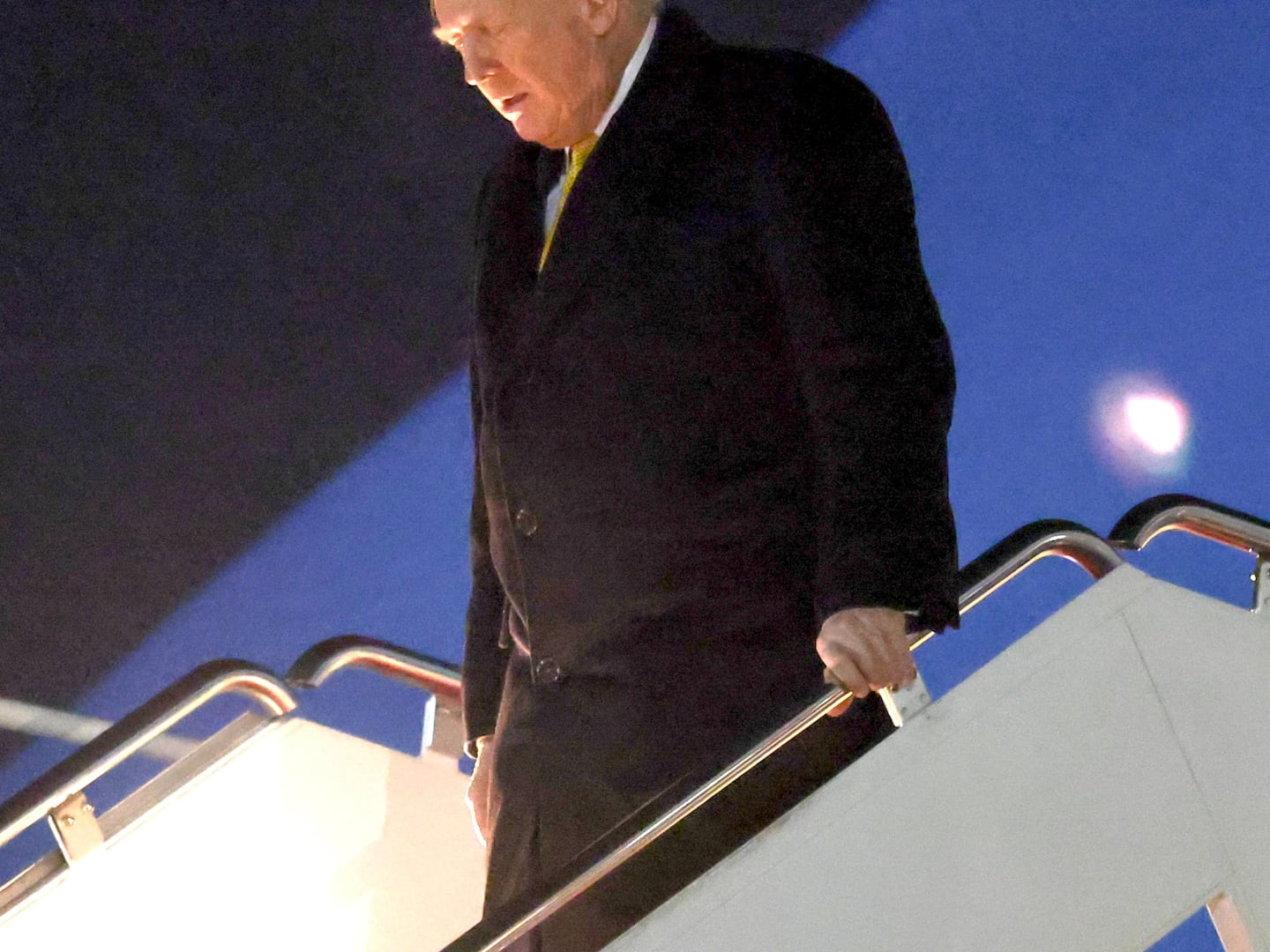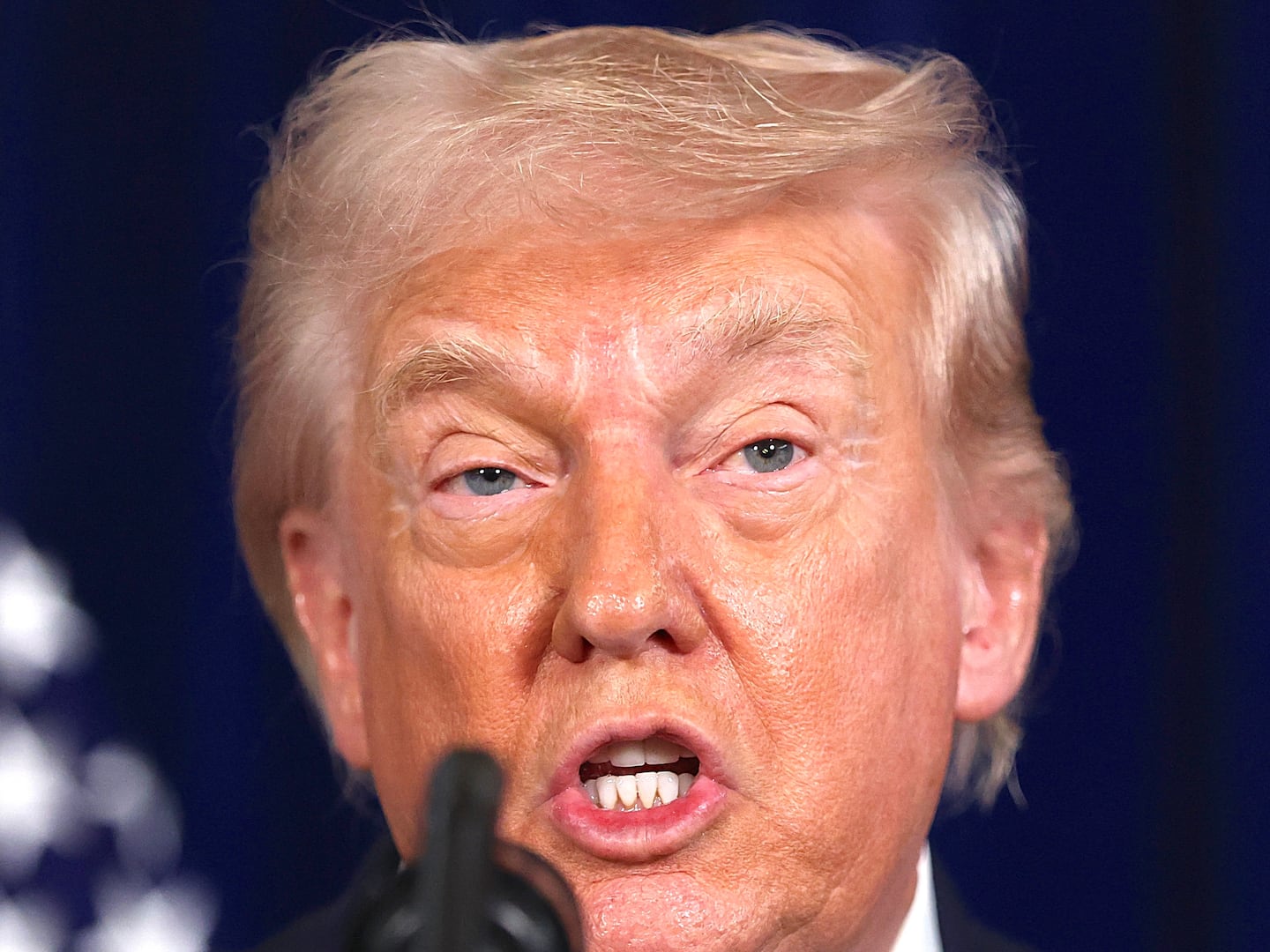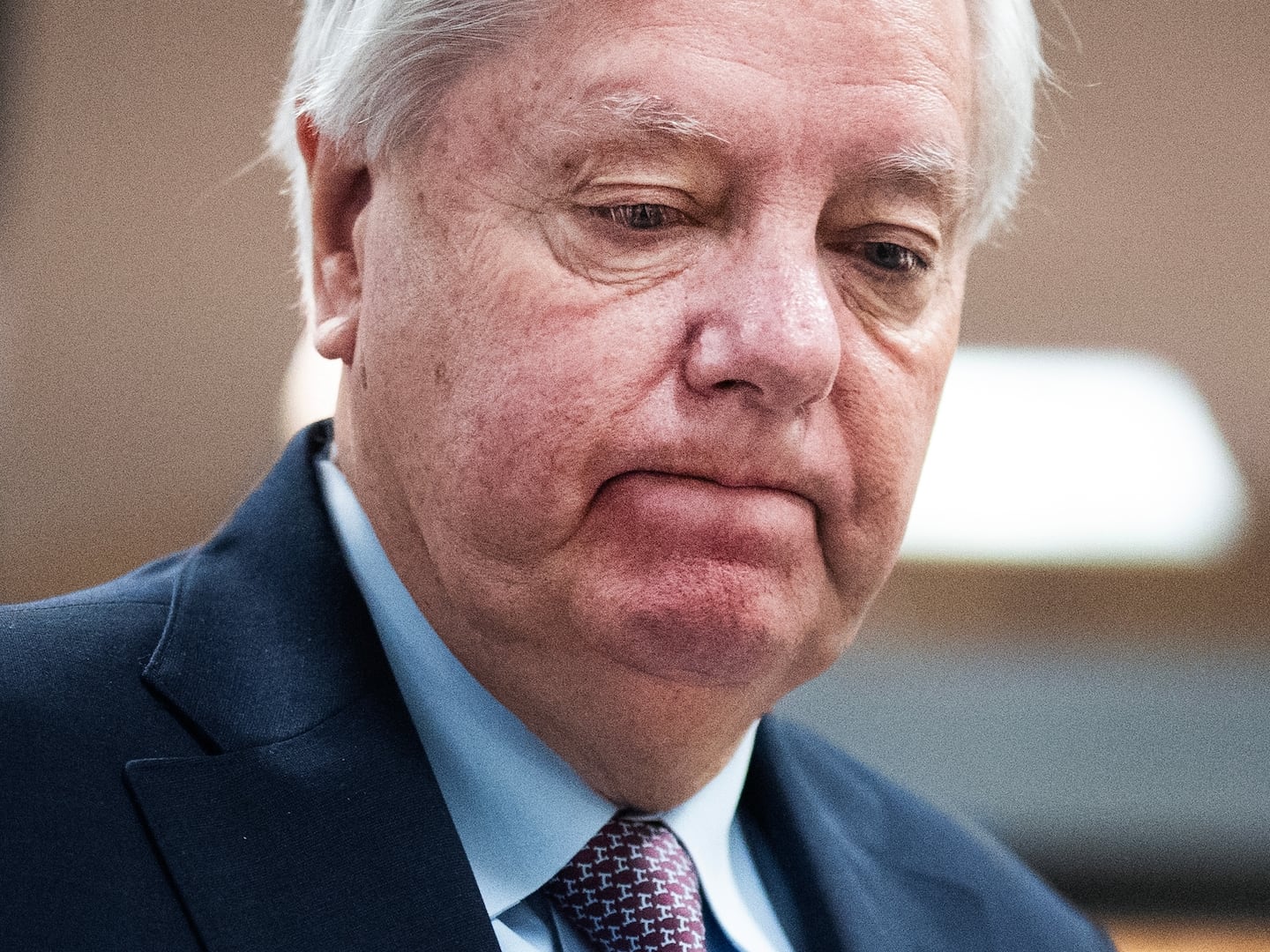Call it a “Red January.” Russia will be subject to a flurry of investigations, hearings, and a renewed effort for sanctions over the coming weeks—and that doesn’t even include the coming confirmation vote on Rex Tillerson, a secretary of State nominee with close ties to Vladimir Putin and the recipient of the Order of Russia.
Due to Russia’s election-related hacking, a country with an economy nearly 14 times smaller than America’s dominated the conversation as senators returned to the capital for a new year—challenging even President-elect Donald Trump’s primacy as a topic of chatter in the hallways.
While the House of Representatives’ first act of the 115th Congress was to try and scuttle an independent ethics office that policed member misconduct, on the Senate side lawmakers are preparing an ambitious agenda to confront and investigate Russian misconduct.
“We expect this month’s congressional and national news to be dominated by coverage of this clearly malicious and hostile act and our country’s response,” said Pavel Yarmolenko, co-founder of the Ukraine Freedom Support Group, a group of American citizens that supports a free and democratic Ukraine. “All of us, regardless of party affiliation, must call our lawmakers and demand a full congressional investigation of Russia’s unprecedented and brazen subversion of our democracy.”
Following the Central Intelligence Agency’s assessment that Russia intervened in the U.S. presidential election to help Trump win the White House, lawmakers will soon propose new sanctions as a response.
Sen. Ben Cardin, the top-ranking Democrat on the Senate Foreign Relations Committee, told The Daily Beast he expects to introduce bipartisan legislation this week that will find “additional ways that we can sanction Russia for its activities and cyber-activities against the United States, it will deal with the individuals responsible… [and] it will deal with how Russia finances these kinds of operations.”
This is on top of sanctions that the White House announced last week, which included the expulsion of some 35 Russian diplomats. Resigned Republicans expressed just muted support for the actions, charging that President Obama had waited too long to confront Russia.
“I’m glad, but it’s too late,” said Sen. Tom Cotton on Fox News Sunday. House Speaker Paul Ryan called it “overdue.”
New sanctions could put the incoming president in an awkward position: The proposed legislation would create new ways for the president to punish Russian actors if Trump choses, but will also cement into law new punishments that the president would have to actively waive.
Trump has dismissed Russia as the source of the election-related hacking, seemingly without evidence. The president-elect is expected to receive an intelligence briefing on Russian cyber hacks this week.
Russia hawks Sen. Lindsey Graham and John McCain are the most likely Republicans to join in this legislative charge, and both of them have been sounding the alarm on Russia’s belligerence for years. As if to emphasize the current danger, the two visited Ukraine, Georgia, and the Baltics—countries which have been threatened by encroaching Russian influence—over the Christmas holidays.
The trip “reinforced every narrative I had about Russia,” Graham told The Daily Beast. “These are young, emerging democracies… [and] Putin is afraid of democracies in his backyard.”
The Senate’s foreign relations, intelligence, and armed services committees will all be investigating Russian influence on the American election in some way—not to mention that the Obama administration will issue a separate report on Russian influence before Trump’s inauguration in less than three weeks. It’s an issue that has divided Republicans who may be concerned that the topic reduces the legitimacy of the their party’s electoral victory.
“I have never been concerned about doing the right thing,” said a defiant McCain, when asked if he was concerned that the issue and his hearing might split his party.
McCain will hold the Senate’s first hearings on cybersecurity—with an expected emphasis on Russia’s role in hacking—on Thursday.
In response to a deluge of questions about Russia, Republican senators pointed out that the United States is also involved in cyberhacking, and that a primary goal in the coming weeks was to educate the public about what it even means.
“Russia’s been doing this for a long time, and, frankly, we do it too,” said Sen. Jim Inhofe, a senior Republican on the Senate Armed Services Committee. “This is something where the general public doesn’t know what you’re talking about, and yet the threat is so great.”
“You understand that almost every sophisticated country in the world has a team of folks that are hacking right now, right?” said GOP Sen. Bob Corker, Senate Foreign Relations Committee chairman. “That’s the world that we live in. People need to understand what other countries do, what our own country does. We need to focus on this in the appropriate context, and then discuss what actions needs to be taken.”
These responses seemed to dilute the problem. No other country other than Russia has been accused of hacking to influence the American election. But they also illustrate the paradox that many Republicans find themselves in: caught in between their longstanding disdain for Russian malfeasance, and Trump supporters that make up much of their base.
Polling suggests that as Trump praised Putin, the Republican Party’s membership has begun to warm to the Russian leader. For some Republicans, the smart move was to say nothing.
On the first day of the new Congress, Sen. Ted Cruz exited the Senate chamber after the country’s newest senators were sworn in, giving long remarks about his predictions for the future of Obamacare.
Asked directly whether Russia should be subject to new sanctions, Cruz simply responded, “call our press office,” gesturing to his spokesman nearby.
Cruz’s press office did not respond when asked about Russia.





